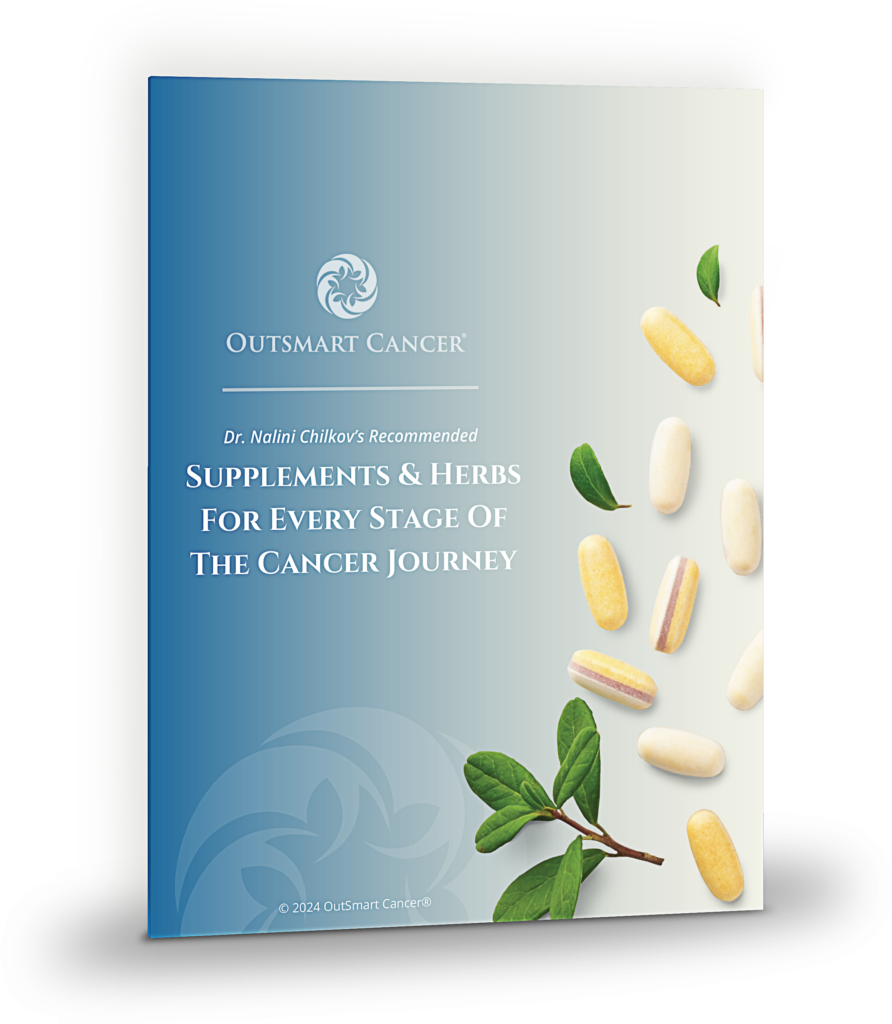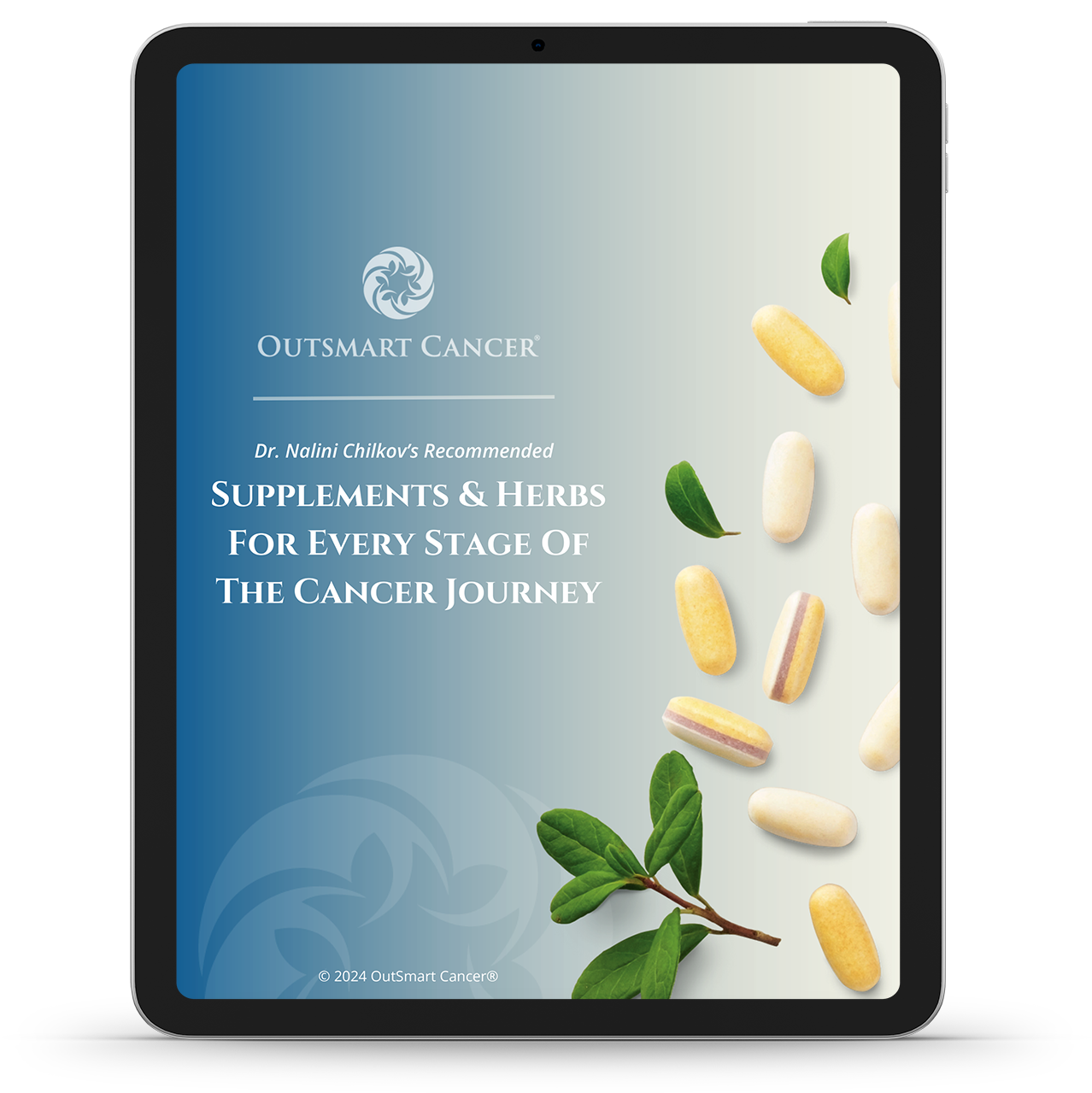Mushrooms of Immortality | Modern Medicine from Ancient Chinese Herbs
Medicinal mushrooms and mushroom extracts are used worldwide to fight cancer and enhance and modulate immune response. Lentinula edodes (shiitake), Grifola frondosa (maitake), Ganoderma lucidum(mannentake), and Cordyceps, have a history of medicinal use for millennia in parts of Asia. Research has indicated mushrooms have possible anticancer, antiviral, antiinflammatory, liver protective activities.
Here are six of the most well researched anti cancer mushrooms rich in polysaccharides and beta glucans, the primary active immune enhancing constituents.
Ganoderma Reishi Mushroom Ling Zhi, Mannentake, “The Mushroom of Immortality” is one of the great longevity tonics of Chinese Medicine used in cancer treatment in Traditional and Modern Chinese Medicine to improve vitality, strength and stamina and to prolong life. Reishi enhances immune response, alleviates chemotherapy side effects such as nausea and kidney damage and protects cellular DNA by raising anti-oxidant capacity.
Shitake (Lentinula edodes) Black Forest Tree Mushroom or Xiang Gu (Fragrant Mushroom) a tender and tasty mushroom found in many Asian cuisines. It is considered both a delicacy and a medicinal mushroom. Shitake contains a glucan called AHCC (Active Hexose Correlated Compound) is widely used in alternative and complementary treatment of cancer in Japan due to its immune enhancing functions. Lentinan a compound found in Shitake is used as an intravenous anti cancer drug with antitumor properties. Clinical studies have associated lentinan with a higher survival rate, higher quality of life, and lower recurrence of cancer
Coriolus versicolor (Trametes versicolor) “Turkey tail Mushroom” Yun Zhi is one of the most well researched medicinal mushrooms in the world. It is a biological response modifier. Turkey Tail has been used in Chinese Medicine as a tonic for centuries. Studies show that it improves survival rates and acts an immune modulator with immune stimulating and anti tumor properties. Some studies show that is can enhance the effects of chemotherapy cancer treatment and reduce the side effects of radiation therapy.
Cordyceps sinensis Chinese Caterpillar Fungus Dong Chong Xia Cao, Cordyceps acts an immune stimulator by raising cancer and virus fighting T Cells and Natural Killer Cells and prolongs the life of white blood cells improving resolution of infections . It has demonstrated anti tumor properties and also protects the kidneys from chemotherapy side effects. It is one of the most widely used tonics in anti-cancer formulas in Chinese Medicine.
Maitake Grifola frondosa Cloud Mushroom Hui Shu Hua used in traditional Chinese and Japanese medicine to enhance the immune system. It is one of the major mushrooms in Japanese cooking. Studies have shown that it can enhance both the innate immune response to fight infections as well as adaptive immune response conferring long term immune enhancement. Maitake also protects cells with its antioxidant properties and decreases the inflammatory factor COX2 enzyme so common in cancer physiology. Studies have also shown that Maitake has potential anti-metastatic properties inhibiting the proliferation and spread of cancer.
Chaga Inonotus obliquus Black Tree Fungus has been used as a medicinal mushroom in Russian and Eastern European Traditional Medicine. Chaga has been studied as a potential anti cancer agent. Chaga contains betulin, a precursor to betulinic acid which has been shown to inhibit the cancer promoting enzyme topoisomerase. Betulinic acid has been found to be active against skin, brain, ovarian and head and neck cancers by promoting apoptosis or the natural progression of programmed cell death. Cancer cells do not go through this natural life cycle and become immortalized and do not die.
These statements have not been evaluated by the FDA and are not intended to diagnose, treat, cure or mitigate any disease. Always consult with your health care provider before making any medical decisions.
References
Anticancer effects of fraction isolated from fruiting bodies of Chaga medicinal mushroom, Inonotusobliquus (Pers.:Fr.) Pilát (Aphyllophoromycetideae): in vitro studies.
Lemieszek MK, Langner E, Kaczor J, Kandefer-Szersze? M, Sanecka B, Mazurkiewicz W, Rzeski W.
Int J Med Mushrooms. 2011;13(2):131-4
Monro, Jean (2003). "Treatment of Cancer with Mushroom Products". Archives of Environmental Health: an International Journal 58 (8): 533-7. doi:10.3200/AEOH.58.8.533-537.PMID 15259434.
Borchers, A. T.; Krishnamurthy, A.; Keen, C. L.; Meyers, F. J.; Gershwin, M. E. (2008). "The Immunobiology of Mushrooms".Experimental Biology and Medicine 233 (3): 259-76.doi:10.3181/0708-MR-227. PMID 18296732.
Shah SK, Walker PA, Moore-Olufemi SD, Sundaresan A, Kulkarni AD, Andrassy RJ. (2011). "An evidence-based review of a Lentinula edodes mushroom extract as complementary therapy in the surgical oncology patient". Journal of Parenteral and Enteral Nutrition 35 (4): 449-58.
Hyodo I, Amano N, Eguchi K. (2005). "Nationwide survey on complementary and alternative medicine in cancer patients in Japan". Journal of Clinical Oncology 23 (12): 2645-54.doi:10.1200/JCO.2005.04.126. PMID 15728227.
Gao Y, et al. Effects of Ganopoly ( Ganoderma lucidum Polysaccharide Extract) on the Immune Functions in Advanced-Stage Cancer Patients. Immunol Invest 2003;32(3): 201-15.
"Maitake Mushroom". Complementary and Alternative Medicine : Diet and Nutrition. American Cancer Society. 2008.
Zhu JS, Halpern GM, Jones K. The scientific rediscovery of a precious ancient Chinese herbal regime: Cordyceps sinensis, Part I. J Altern Complement Med 1998;4:289-303.
Zhu JS, Halpern GM, Jones K. The scientific rediscovery of a precious ancient Chinese herbal regime: Cordyceps sinensis, Part II. J Altern Complement Med 1998;4:429-57.
Wong CK, et al. Immunomodulatory effects of Yun Zhi and Danshen capsules in health subjects--a randomized, double-blind, placebo-controlled, crossover study. Int Immunopharmacology 2004;4:201-211.




